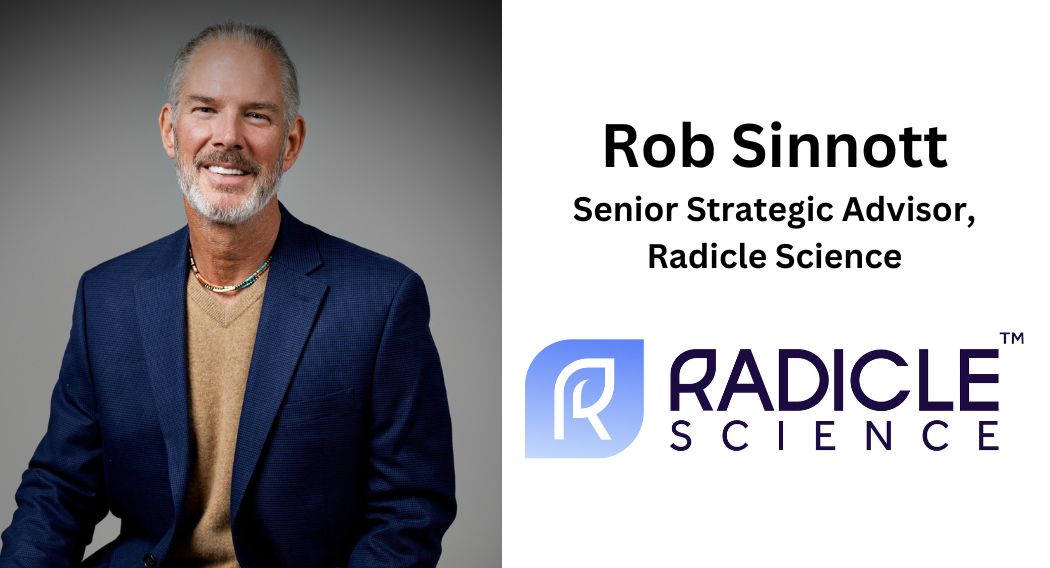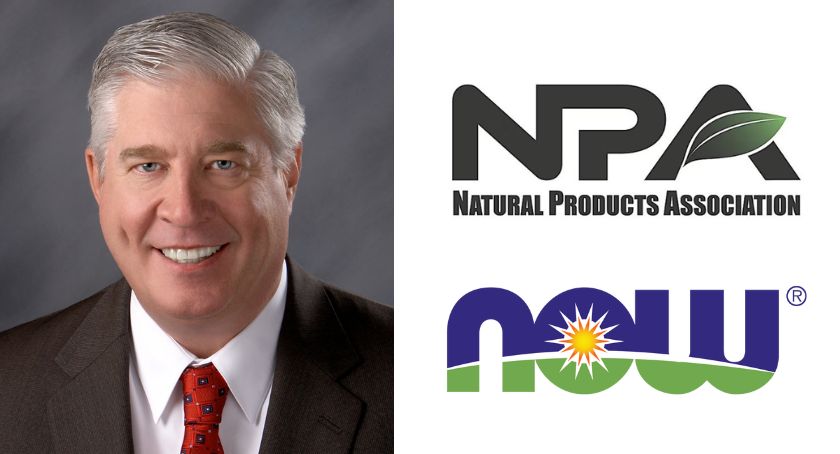Editorial
ESG Success is Challenging, But More Brands Are Committed to Sustainability
A new study found 64% of brands acknowledge the importance of ESG-compliance, and 46% prioritizing ESG partners when sourcing ingredients.

By: Sean Moloughney

I’ve previously written that ESG (Environmental, Social, and Governance) is essential risk management for the dietary supplement industry. In our September edition we further explore sustainability principles and practices that apply to today’s market.
I understand there’s criticism of ESG. I acknowledge that accurate reporting and validation is a significant challenge. I’ve heard concern about the ability of small- and medium-size companies to compete when forced to comply with standards that drive costs up. These concerns are valid. But what’s the cost of doing nothing? What’s the cost of “business as usual?”
“Debates have intensified about terminology—ESG, stakeholder capitalism, inclusive capitalism, shared value, etc.—and whether all of this is just a passing fad. Our view is simple: a company’s long-term success depends on its performance on the societal issues most relevant to its business and stakeholders. We can’t have a strong business without a thriving planet and the trust and engagement of customers, associates, suppliers, investors, civic partners and communities. And the fundamentals of that are here to stay.”
That’s what Kathleen McLaughlin EVP and chief sustainability officer at Walmart had to say in the company’s ESG report for FY 2022. Maybe that’s easy for a company with an estimated $600 billion in revenue to say, but the sentiment is still valid.
Meanwhile, in an effort to reduce its own Scope 3 emission, Amazon updated its Supply Chain Standards this year to require suppliers to share their carbon emissions data and set goals to reduce emissions. “We know that to further drive down emissions, we must ensure those in our supply chain make the operational changes necessary to decarbonize their businesses,” Amazon said in its 2022 Sustainability Report. “We will use our size and scale to benefit businesses that are committed to decarbonizing by providing products and tools to both track emissions and help decrease them. And we will continue to look for suppliers that help us achieve our decarbonization vision as we select partners for business opportunities.”
A recent study from networked ingredients marketplace TraceGains offered more insight on how food and beverage companies view ESG. According to survey results, nearly two-thirds (64%) of brands acknowledge the importance of ESG-compliance, with nearly half (46%) prioritizing ESG partners when selecting or sourcing ingredient suppliers. Moreover, half (50%) of survey respondents said they’d be willing to stop production on a product altogether if it could not be produced in accordance with ESG objectives.
Additionally, 42% plan to increase their usage of ESG-compliant ingredients within the next 6-12 months. One-third (35%) are willing to pay up to 10% more for ESG-compliant ingredients, and 32% would pay up to 20% more. Key drivers for being more ESG-focused include a combination of evolving regulatory landscapes (32%), consumer demand (27%), and competitive pressures (18%).
While general market confusion over sustainable food labeling and the lack of formal guidelines to validate ESG partners has created barriers to success, as the saying goes “If at first you don’t succeed … try, try again.




















